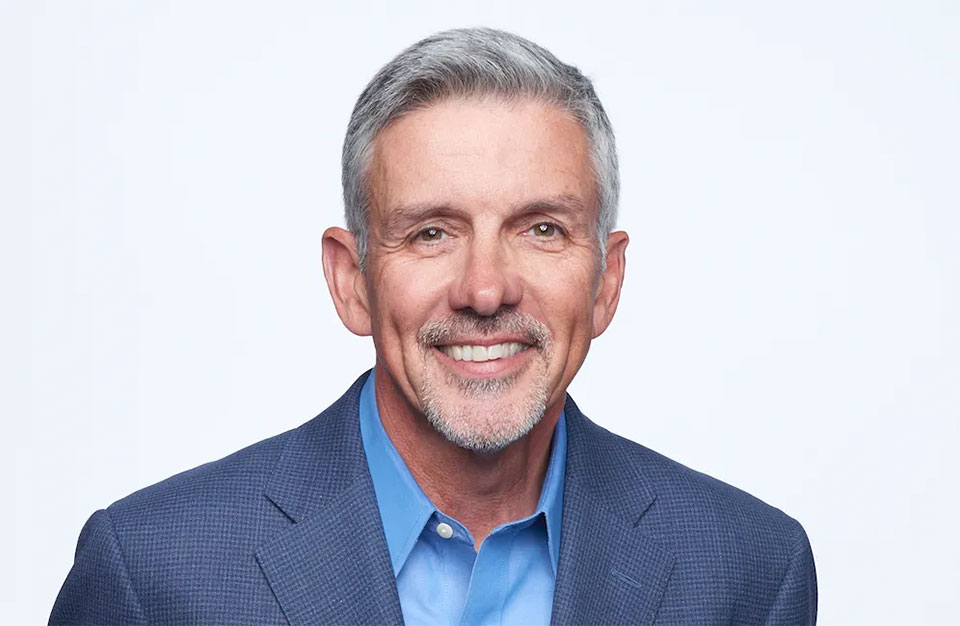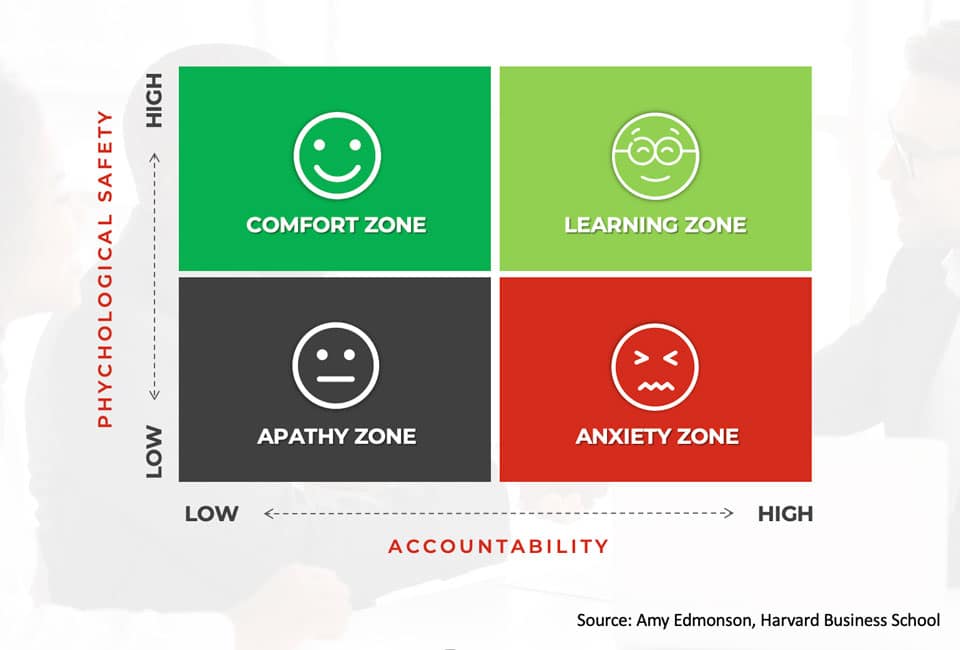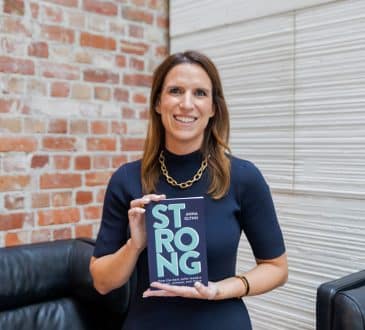Ten Ways to Accelerate Psychological Safety in Your CEO Forum

When I first began leading workshops for CEO forums, many of which were together for 10+ years, I would ask members to rate the psychological safety of the group on a scale of 1-10 (10 being the highest). Not surprisingly, every one of these groups ranked themselves a 10. Of course, as the workshop continued, I did not feel the 10-level candor that the members ascribed to themselves. So, I added a question. The next group I visited followed suit with a 10 ranking, but then I asked each member how well they leveraged that “10 environment” on a 1-10 scale. The average was 6.5. The members were left speechless, realizing they had a 10 environment, and failed to take advantage of it.
I equate it to a pool at a spa. The steam is gently rising off the surface. You don’t have one of these at home, and you know if you immerse yourself in the water, it will be an incredibly soothing and restorative experience. Yet, all too often, you dangle your feet in the water or sit next to the pool and read a magazine, falling short of experiencing its benefits.
Why Psychological Safety Matters
You may be asking, “Were the groups that ranked themselves a 10 being truthful?” My answer is, “Yes.” In each case, the members experienced many situations where a member brought a deeply personal subject or difficult business challenge to the group and saw how the members leaned into the conversation. In each case, the member who brought the challenge and those who participated in the exchange all benefited somehow. It’s the magic of deep forum dialogue.
Such dialogue helps members identify and address root causes, inspires them to own the solutions they design to meet those challenges, and creates an environment that allows them to set high standards for themselves and the group. As Harvard Business School’s Amy Edmondson has proven in the 2×2 below, psychological safety and accountability are not opposing forces but necessary partners.
High psychological safety that lacks any emphasis on accountability will have your group (or your company team) playing in the Comfort Zone, and being low on both results wallowing in the Apathy Zone. Low psychological safety combined with incessant and unreasonable demands places people in the Anxiety Zone. The Learning Zone is where high psychological safety drives high expectations for the group about what they expect of themselves and the other members. They live in a world where they balance candor and curiosity (Craig Weber), helping them achieve standards of excellence that inspire the members to new heights in service of what they care about.
Psychological Safety Requires Intentionality
Whether it’s a new CEO forum or a group that’s been together for a decade, achieving and maintaining a high degree of psychological safety and seeing the members consistently leverage it doesn’t happen by accident. Here are ten ways people can be intentional about psychological safety in their forums.
- Confidentiality – A critical tenet for enjoying psychological safety is that confidentiality is sacrosanct. What happens in the meeting stays there.
- Purpose – Clarify why you are in the group and what you hope to gain and contribute to others.
- Mindset – Lean into your purpose to challenge yourself to step deeper into the pool at every meeting, knowing that you and others will benefit if you do so.
- Belonging/Bonding – In Timothy Clark’s Four Stages of Psychological Safety, he talks about the importance of people experiencing a sense of belonging and building solid relationships. The deeper the relationships, the more likely the forum can create a culture of genuine caring.
- Preparation – The more prepared you are for the meeting, the more effective you’ll be.
- Practice – The more you practice being open and vulnerable with the group, the easier it becomes.
- Model Sharing Behaviors – When someone models impressive sharing behaviors, and the members respond accordingly, it gives you the tacit permission to do the same.
- Model Listening Behaviors – As the listeners, you represent the pool of water. The more engaged you are as a listener, the easier it will be for others to share.
- Efficacy – Humans tend to engage in activities that produce reliable results.
- Reflection – At the end of each meeting, evaluate your performance as a sharer, listener, questioner, etc., and challenge yourself to improve your game at the next meeting.
Summary: Taking your forum to new heights starts and ends with creating and nurturing an environment of psychological safety. Over time, members will build muscles that will inspire them to ask questions from a place of caring rather than rushing to judgment, making assumptions, or jumping to conclusions. This psychological safety workout will help you be a more effective forum member and successful CEO. Getting in shape and staying in shape will require your relentless intentionality.
Written by Leo Bottary.
Have you read?
These Are The Most Secular Countries in the World, 2024.
Countries that Follow Sharia Law, 2024.
Religious Landscape: An Overview of Religion by Country, 2024.
Report: Countries with the Highest Teenage Pregnancy Rates, 2024.
Revealed: These Are The Countries with the Highest Rate of Diabetes, 2024.
Add CEOWORLD magazine to your Google News feed.
Follow CEOWORLD magazine headlines on: Google News, LinkedIn, Twitter, and Facebook.
This report/news/ranking/statistics has been prepared only for general guidance on matters of interest and does not constitute professional advice. You should not act upon the information contained in this publication without obtaining specific professional advice. No representation or warranty (express or implied) is given as to the accuracy or completeness of the information contained in this publication, and, to the extent permitted by law, CEOWORLD magazine does not accept or assume any liability, responsibility or duty of care for any consequences of you or anyone else acting, or refraining to act, in reliance on the information contained in this publication or for any decision based on it.
Copyright 2024 The CEOWORLD magazine. All rights reserved. This material (and any extract from it) must not be copied, redistributed or placed on any website, without CEOWORLD magazine' prior written consent. For media queries, please contact: info@ceoworld.biz
SUBSCRIBE NEWSLETTER









